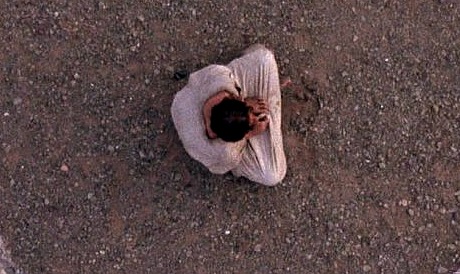I mentioned in the previous post that iPhone Skype has been operating with the AT&T cellular network since last May, the result being that I can now talk on the iPhone to anyone I’m Skype-connected with anywhere in the world and send live video at the same time. This triggered an idea that might be possible with a new Hollywood Elsewhere re-design that’s now being worked on.
I’d love be able to somehow install a live Skype-video screen option on the Hollywood Elsewhere homepage and transmit instant live video of whatever I’m doing at the moment.
The Skype screen could just be an HE/Skype icon on the side, and could be clicked on and transformed into a video screen. A little red light could alert readers when live video is being transmitted, or there could be a permanent postage-stamp-sized screen that would go live whenever I decided to transmit. The screen would be capable of shifting to various sizes.
I’d love to be able to send live video of events happening at the Cannes Film Festival, say. Or during a sojourn in Rome or Paris or New York or wherever. Live video at any hour of the day — live video interviews during a hotel press junket, live video chit-chat, live-video press of Cannes press conferences, live-video of MSN’s James Rocchi helping bums to reclaim their dignity, live-video dinners with Sasha Stone and Guy Lodge at some backstreet Cannes cafe, etc.




